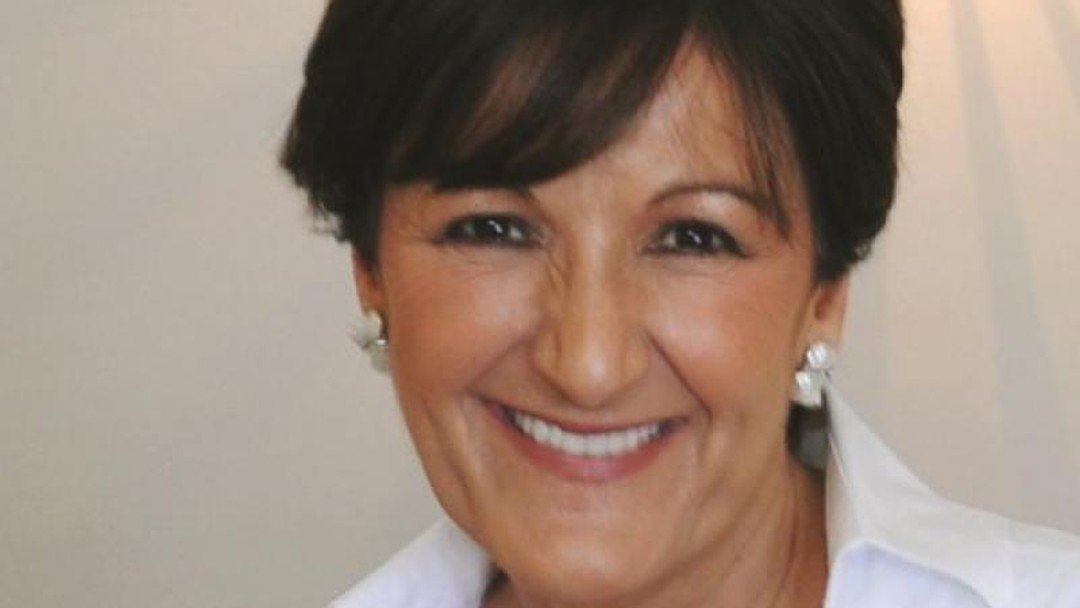Cutting edge in family law

Mediation will never replace litigation, says Marilyn Stowe, but nevertheless should be nurtured as a valuable adjunct
The government's attempts to promote mediation are faltering and it should launch a campaign to raise awareness, an official task force has concluded. However, the importance of mediation is such that young family law practitioners need to know and be trained in mediation to give them an edge.
Not only will there be more cases going to mediation which practitioners trained in this field can take advantage of, but the Ministry of Justice is keen to ensure it is part of the family law process.
At present, the cuts in legal aid mean that statistically, over the country, fewer couples are mediating. In the future this will gradually change and there are likely to be a higher percentage of couples mediating rather that litigating through the courts.
The courts are tightening up on ensuring mediation has been considered in every case. In particular, applicants to family proceedings must now attend a MIAMs (mediation and information assessment meeting) before lodging their application. However, mediation remains voluntary and the court cannot compel either party to attend. That said, while there are many cases that are capable of being resolved through mediation, there remain occasions where one or both parties simply refuse to attend, preferring a more litigious route.
The Family Mediation Task Force was established earlier this year by the Ministry of Justice to gather ideas on improving the uptake of family mediation from social and family justice professionals, as well as the public.
Recent figures released by the Ministry of Justice revealed a sharp drop in publicly funded mediation. According to a newly published report by the task force, this drop was an 'unintended consequence' of the drastic cuts to the legal aid available for family cases introduced in the Legal Aid, Sentencing and Punishment of Offenders Act 2012 (LASPO), which came into force on 1 April last year.
Many mediation providers have gone out of business, leading to concerns that there may not be a sufficient number of qualified mediators to meet demand if and when uptake increases. According to the report, this "may result from the requirement introduced in April 2014 that most applicants to court should first have attended a MIAM to consider mediation".
The problem is very simple - mediation rarely works if it's introduced at too early a stage in the divorce process, when many parties (especially following a breakdown in their relationship) simply are not emotionally ready. Even if they are, if it is conducted by mediators without legal qualifications the results can be unworkable, causing further delay and cost.
Professionally, one always sets out to resolve every case without recourse to the courts. Mediation serves as a method to resolve some disputes that are capable of resolution in that way and would therefore probably not go to court.
Mediation won't replace the court process; at best it will just replace other methods of settling cases that were likely to be settled anyway. No matter how many methods are available for settling out of court, there will always be a residue of cases that are, for whatever reason, incapable of being resolved by agreement. The courts exist to settle those cases.
The difficulty of bringing some parties to the negotiating table means that no method of 'out of court' dispute resolution is likely to make unreasonable people suddenly behave reasonably. Talk of reducing the number of cases that go to court from pre-April 2013 levels is fanciful unless mediation can completely replace what was, for those who were previously lucky enough to get legal aid, the primary method of resolving cases out of court: settling with the assistance of lawyers.
Nonetheless, if I was recruiting between two candidates who had two years' PQE I am likely to prefer the one who had also qualified as a mediator, or who had already taken steps to qualify.
Marilyn Stowe is the senior partner at Stowe Family Law
www.stowefamilylaw.co.uk
For information on training as a mediator, see: www.ciarb.org
